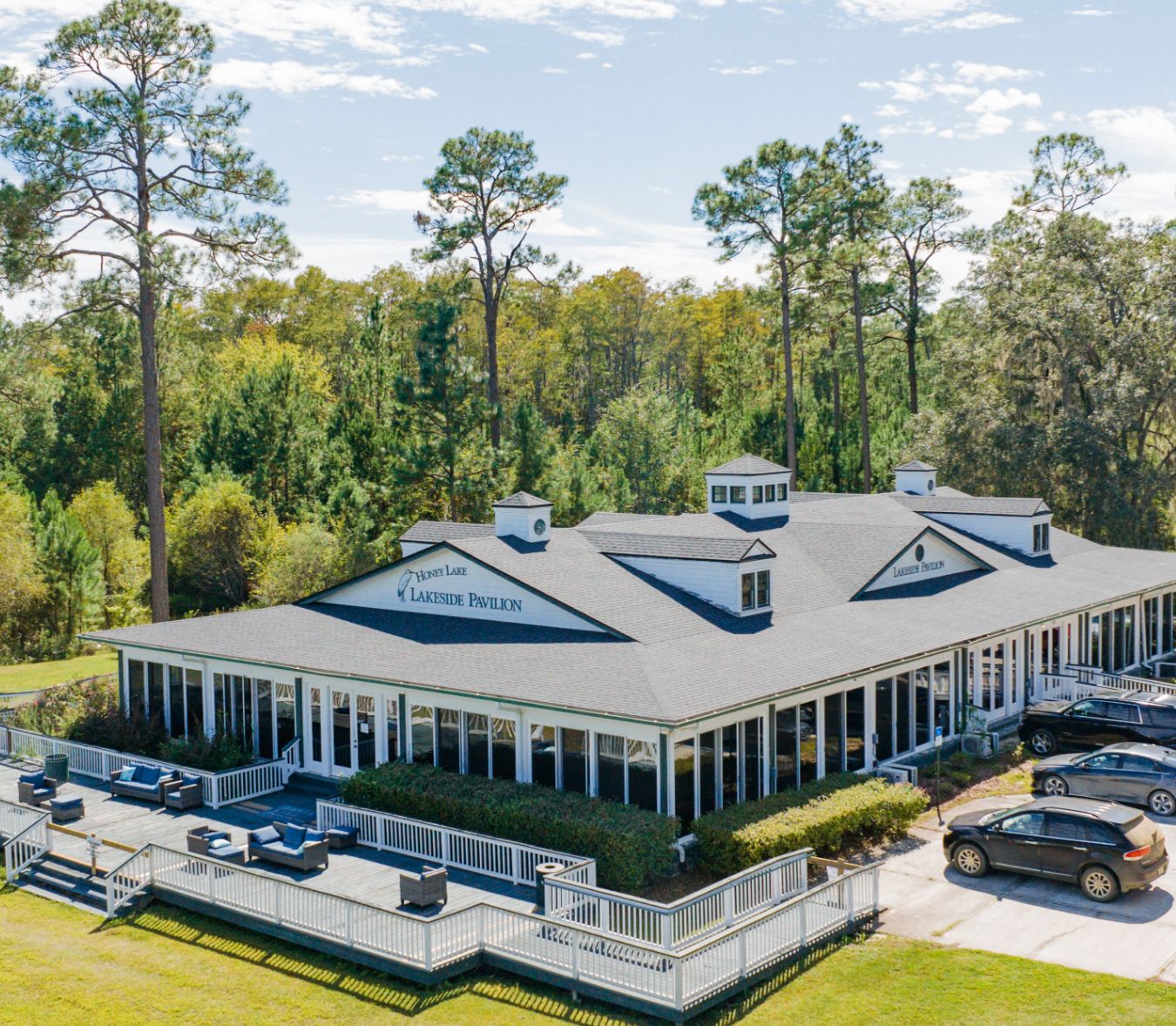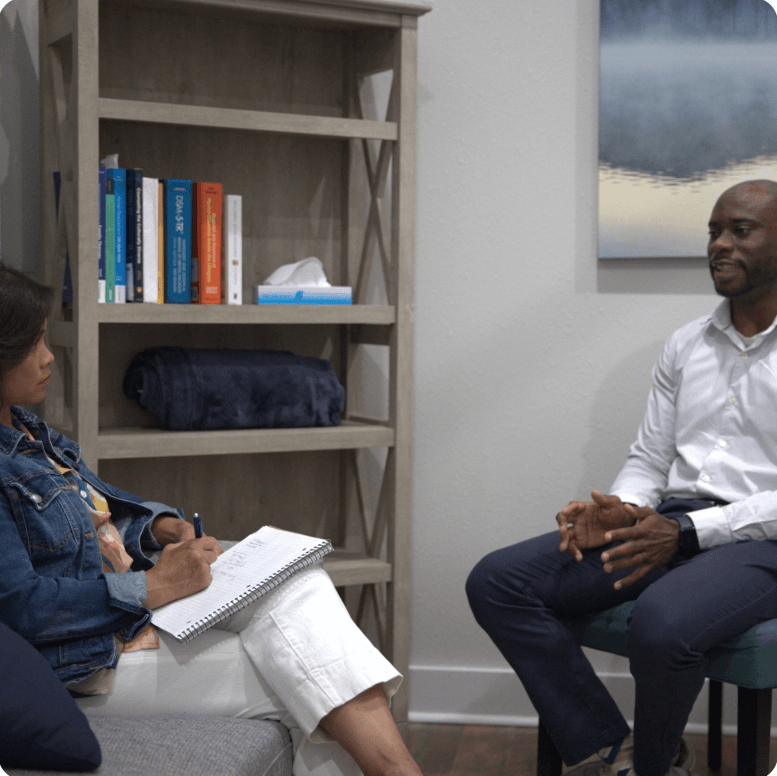Burning Is Self-Harm—
And Healing Is Possible
Burning Is Self-Harm—And Healing Is Possible
If you’ve burned yourself to cope with emotional pain, you may not even know what to call it. You might tell yourself it’s not self-harm because it’s not cutting. Or you might know exactly what it is—but feel ashamed, alone, or unable to stop.
Burning is a recognized form of self-injury. It’s real. It’s serious. And it’s more common than most people think—especially among adults who’ve lived with emotional wounds for years.
At Honey Lake Clinic, we understand the cycle of secrecy, relief, guilt, and silence that self-harm creates. We also know that healing doesn’t come from shame or discipline. It comes from truth, grace, and compassionate, evidence-based care.
98% of our patients report meaningful progress. If you’re ready to begin that journey, call us today:

Burning Is Self-Harm—And It’s
More Common Than You Think
Burning Is Self-Harm—And It’s More Common Than You Think
Self-harm by burning is the intentional use of heat—like lighters, matches, or heated objects—to injure the skin. It’s not attention-seeking. It’s not “just a phase.” And it’s not something you can simply will yourself to stop.
It’s a real form of self-injury, often used to cope with emotional pain that feels too big, too buried, or too overwhelming to face head-on.
Many people who burn themselves do it:
- To release emotional pressure
- To feel something when they feel numb
- To cope with intense emotions like grief, rage, shame, or loneliness
- As a form of self-punishment
- To regain a sense of control in a life that feels chaotic
What Causes Burning as Self-Harm?
This behavior is frequently hidden—especially by high-functioning adults who appear “fine” on the outside. You may hold a job, care for a family, show up for your responsibilities… and still carry this secret pain in silence.
Burning can be a response to:
- Early or unresolved trauma
- Depression or anxiety
- Post-traumatic stress disorder (PTSD)
- Borderline personality disorder (BPD)
- Chronic low self-worth or self-directed anger
- A history of emotional neglect, abuse, or abandonment
For some, it starts in youth and never fully goes away. For others, it begins later in life—triggered by loss, grief, or emotional overload.
The act may bring a moment of relief. But it never heals what’s really hurting. That pain is still there. And that is what needs attention—not punishment, not hiding, but healing.
If you’ve asked yourself, “Why do I burn myself?” or “Is this really self-harm?”—the answer is yes. And it doesn’t make you broken. It makes you human.
And it means you deserve real help.


How We Treat Self-Harm by
Burning at Honey Lake Clinic
How We Treat Self-Harm by Burning at Honey Lake Clinic
At Honey Lake Clinic, we don’t just treat the behavior. We treat the pain behind it. Our care is evidence-driven and rooted in Christ-centered compassion, designed to help you confront what’s driving the self-injury—and begin a journey of healing and hope.

Treatment may include:
- Cognitive Behavioral Therapy (CBT) to break the self-harm cycle
- Dialectical Behavior Therapy (DBT) for emotional regulation and distress tolerance
- Faith-based counseling to restore your sense of identity and worth in Christ
- Trauma-informed therapy to address the root causes
- Individual and group therapy for processing emotions in a safe, supportive environment
- Wellness and body-centered therapies to rebuild trust between body and mind
You don’t have to keep hurting yourself just to feel something—or to survive another day. There is a better way.
Call now to speak with someone who understands.
Why Choose Honey Lake Clinic?
Why Choose Honey Lake Clinic?
We know this behavior isn’t the whole story. It’s a symptom of something
deeper—and we’re here to help you face it with honesty and grace.
We know this behavior isn’t the whole story. It’s a symptom of something deeper—and we’re here to help you face it with honesty and grace.
98% of patients report
meaningful progress
98% of patients report meaningful progress
Every plan is built by
Christian, board-certified
professionals
Every plan is built by Christian, board-certified professionals
We treat more than behavior—
we treat the emotional, physical,
and spiritual roots
We treat more than behavior—we treat the emotional, physical, and spiritual roots
Our serene campus offers privacy, peace, and space to reflect with hundreds of acres of space
Our serene campus offers privacy, peace, and space to reflect with hundreds of acres of space
Fully licensed and
accredited by AHCA
and JCAHO
Fully licensed and accredited by AHCA and JCAHO
You are not your pain. And you were never meant to carry it alone.
You are not your pain. And you were never meant to carry it alone.
Call Now. You Don’t Have to Hide Anymore.
Call Now. You Don’t Have to Hide Anymore.
You may have lived with this for years, thinking it was your secret to manage.
But healing is possible—and it starts with a simple, courageous call.
Take the first step toward freedom. No judgment. Just compassionate,
Christ-centered care that meets you exactly where you are.
You may have lived with this for years, thinking it was your secret to manage. But healing is possible—and it starts with a simple, courageous call.
Take the first step toward freedom. No judgment. Just compassionate, Christ-centered care that meets you exactly where you are.
Scientifically Validated Healing in a Faith-Based Environment
At Honey Lake Clinic, we believe true healing happens when the mind, body, and spirit are nurtured together. Our integrated approach is both scientifically validated and deeply rooted in Christian faith.
Honey Lake Clinic’s Proven Results:
98%
Feel better now than when admitted
98%
Of patients would recommend Honey Lake Clinic
95%
Reported reduced anxiety
93%
Experienced decreased depression
